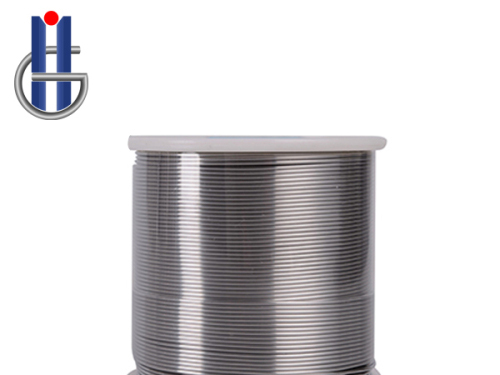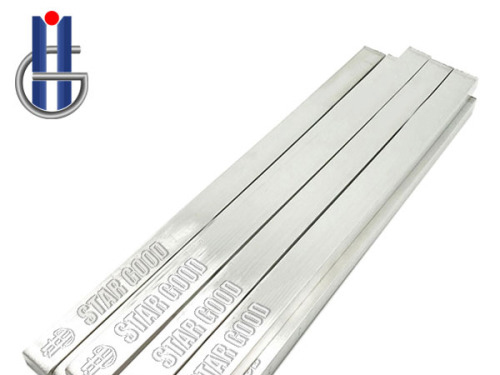Pure tin wire finds various applications across different industries due to its favorable properties. Here are some common application scopes of pure tin wire:
Electronics and Electrical Industry:
Pure tin wire is commonly used in the electronics industry for soldering purposes. It serves as a primary component of solder, which is used to create electrical connections between components on circuit boards.
Telecommunications:
Tin wire is used for soldering and connecting components in the production and repair of telecommunications equipment, including phones, routers, and other communication devices.
Automotive Industry:
Pure tin wire is employed in the automotive sector for soldering electrical connections in vehicles. It is used in the manufacturing and repair of electronic components, sensors, and wiring harnesses.
Aerospace Industry:
Tin wire is used in aerospace applications for soldering electronic components on aircraft, satellites, and space exploration equipment. It provides reliable electrical connections in critical systems.
Medical Devices:
Tin wire is used in the manufacturing of medical devices and equipment, especially in the assembly of electronic components for medical instruments and diagnostic devices.
Renewable Energy:
In the renewable energy sector, tin wire is used in the production of solar panels and other electronic components for sustainable energy systems.
Jewelry Making:
Tin wire is sometimes used in jewelry making due to its malleability and corrosion resistance. It can be used to create intricate designs and solder jewelry components.
Model Making and Crafts:
Tin wire is utilized in model making and various crafts where soldering is required. It provides a versatile and easy-to-use material for joining different components.
Education and DIY Projects:
Pure tin wire is commonly used in educational settings for teaching soldering techniques and electronic assembly. It is also popular among hobbyists and DIY enthusiasts for various projects.
Plumbing:
While less common than other materials in plumbing applications, tin wire may be used for soldering small plumbing joints, particularly in situations where lead-free solder is preferred.
Food Industry:
In some cases, tin wire is used in the food industry for specific applications like attaching labels or tags to food products.
It's important to note that the use of pure tin wire may vary based on specific industry requirements and regulations. Additionally, there is a growing emphasis on using lead-free alternatives in certain applications to address environmental and health concerns associated with lead-based solders. Therefore, it's essential to consider the specific requirements of the intended application and adhere to relevant industry standards and regulations.


 High Purity Tin Ingot: Crucial Applications and Benefits
High Purity Tin Ingot: Crucial Applications and Benefits
 Pure Tin Ingot: Essential Material for Diverse Industrial Applications
Pure Tin Ingot: Essential Material for Diverse Industrial Applications
 Unlocking the Potential of Pure Tin Bars: Essential Components for Diverse Industries
Unlocking the Potential of Pure Tin Bars: Essential Components for Diverse Industries
 Lead Bar for Sale: Uses, Specifications, and Buying Considerations
Lead Bar for Sale: Uses, Specifications, and Buying Considerations